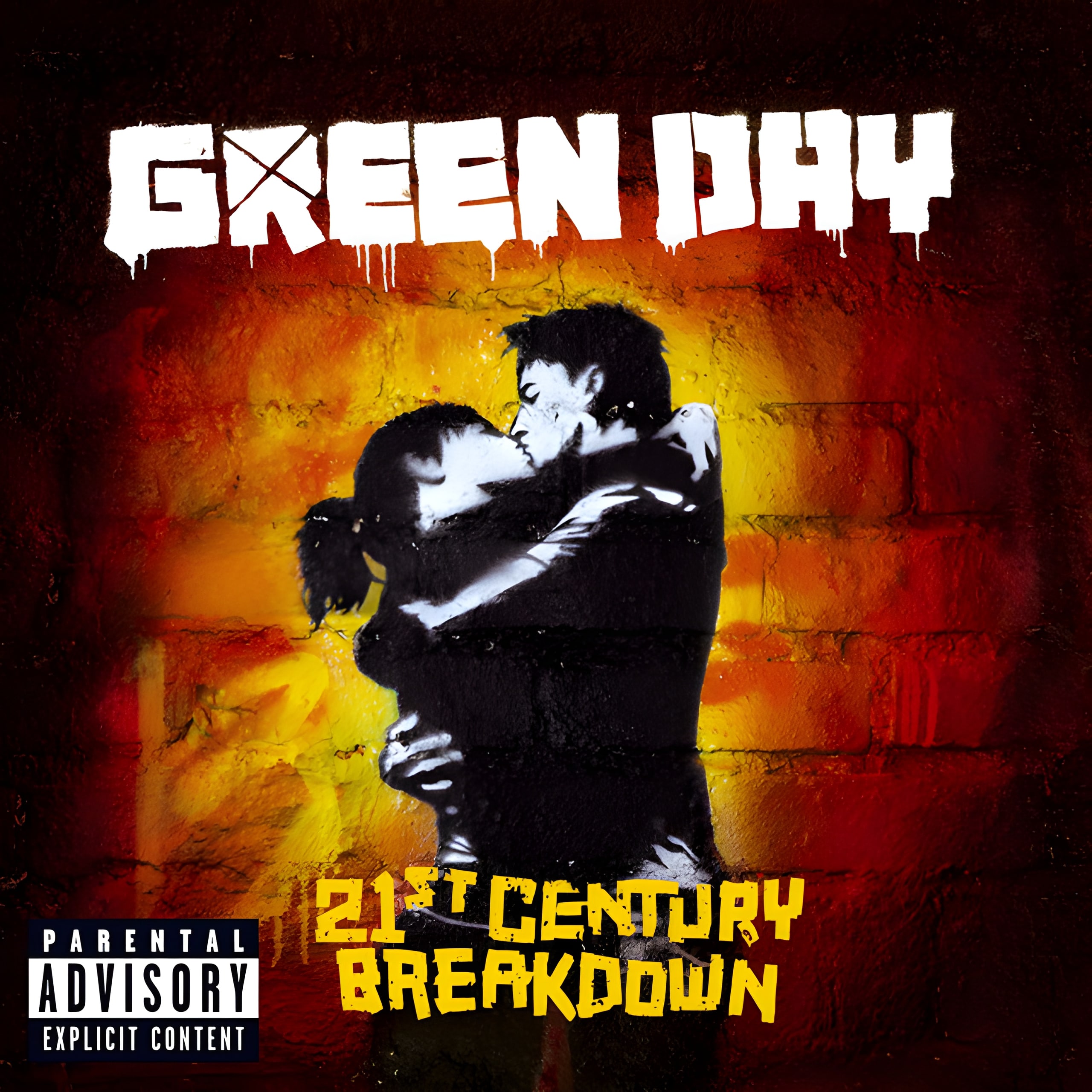Released: 2004
At its core, “Wake Me Up When September Ends” by Green Day is a poignant exploration of loss, grief, and the relentless passage of time. It’s not just a melancholic ballad; it’s a raw, emotional journey through frontman Billie Joe Armstrong’s personal experience with bereavement and his struggle with the aftermath. Through its evocative lyrics, the song articulates a desire to escape the pain of loss, if only for a moment, until a time when the world seems a little brighter.
The song kicks off with a lament about the inevitable end of summer and the innocence it symbolizes, a reminder of the cyclical nature of life and the harsh reality that nothing, especially not innocence, lasts forever. “Summer has come and passed / The innocent can never last / Wake me up when September ends” isn’t just about the changing seasons; it’s a metaphor for growth and the loss of innocence. The recurring arrival and departure of summer parallel the ebbs and flows of life, where moments of happiness and innocence are fleeting and often overshadowed by the arrival of life’s inevitable hardships.
The line “Like my father’s come to pass / Seven years has gone so fast” reveals a deeply personal element—the loss of Armstrong’s father to cancer when Armstrong was just ten years old, which the September in question alludes to, the month his father passed away. This isn’t just about the quick passage of time; it’s a reflection on how the pain of loss lingers, with each year compounding on the last, making Armstrong wish to skip past the painful memories September brings.
As the chorus hits, “Here comes the rain again / Falling from the stars / Drenched in my pain again / Becoming who we are,” it speaks to the universality of grief and the process of weathering personal storms to evolve. This isn’t just rain; it’s the metaphorical storms of life that soak us to the bone, reminding us of our loss and pain. Yet, there’s a nuance here—”Becoming who we are”—this pain and these experiences, however harrowing, shape us.
“Ring out the bells again / Like we did when spring began” conjures a sense of renewal and hope, a stark contrast to the grief that permeates the track. It’s a call to remember the moments of joy and rebirth, much like the spring symbolizes hope and new beginnings amidst the cyclic pattern of grief and loss. It’s a bittersweet acknowledgment: life goes on, seasons change, and so do we.
The evolution of the phrase “Like my father’s come to pass / Seven years has gone so fast” to “20 years has gone so fast” drives home the relentless, unforgiving march of time. This isn’t just about marking time; it’s a stark, painful realization of how long one’s been without a loved one and how quickly that time slips away, highlighting the enduring nature of grief—it doesn’t simply vanish with time but becomes a part of our identity.
In summary, “Wake Me Up When September Ends” is more than just a song; it’s a deeply moving narrative on loss, memory, and healing. Green Day, through Armstrong’s achingly personal and universal lyrics, invites listeners into a shared experience of grief and the slow, often painful journey towards acceptance and renewal. It’s a reminder that sometimes, waking up to face another day can be the bravest thing of all.








